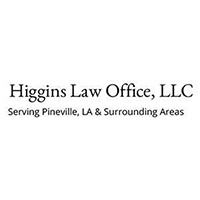Hineston Juvenile Law Lawyer, Louisiana
Sponsored Law Firm
-
 x
x

Click For More Info:
-
Babcock Trial Lawyers
10101 Siegen Ln #3-C Baton Rouge, LA 70810» view mapCriminal Defense We Want Your Injury Claim PAID NOW!
At Babcock Trial Lawyers, we work for our clients, maintaining our reputation of excellence as criminal defense & personal injury lawyers in Baton Rouge.
225-500-5000
Not enough matches for Hineston Juvenile Law lawyer.
Below are all Hineston Criminal lawyers.
Wesley Ryan Bailey
✓ VERIFIEDWesley Bailey is a practicing lawyer in the state of Louisiana specializing in Divorce & Family Law. More about Wes Bailey: Managing Attorney for so... (more)
George Higgins
✓ VERIFIEDGeorge Lewis Higgins III received his Juris Doctor degree in 1979 from Paul M. Hebert Law Center at Louisiana State University in Baton Rouge. Mr. Hig... (more)
S. Christie Smith IV
FREE CONSULTATION
CONTACT Stephen Babcock Baton Rouge, LA
Stephen Babcock Baton Rouge, LA Practice AreasExpertise
Practice AreasExpertise


